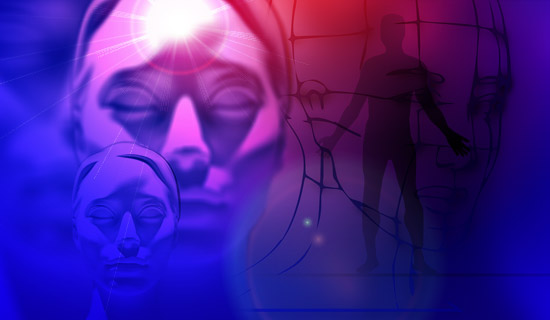There is always a connection between the mind and body, and there should be no separation in the way our healing is treated as it is for the most part today.
This post contains Amazon affiliate links, meaning I may earn a small commission if you purchase through my links, at no extra cost to you. Note: We aim to provide accurate product links, but some may occasionally expire or become unavailable. If this happens, please search directly on Amazon for the product or a suitable alternative.
Until about 300 years ago almost every system of medicine in the world treated illnesses taking into consideration both, the mind and body as a whole.
Beliefs changed into thinking that in order to heal, we had to see the body and mind as two completely different things, because the body was seen as a machine that was disconnected from the mind.
It is not until more recent studies that we are changing our beliefs once again, and more are we starting to reconsider that idea. Although many people knew of this connection all their lives, our mainstream system of healing still sees it otherwise.
But let’s start looking at this special connection within us…
What is the mind-body connection?
This means that our thoughts, feelings, beliefs, and attitudes can positively or negatively affect our biological functioning. In other words, our minds can affect how healthy our bodies are!
On the other hand, what we do with our physical body (what we eat, how much we exercise, even our posture) can impact our mental state (again positively or negatively).
This results in a complex interrelationship between our minds and bodies.
Mind-body specialist Dr. James Gordon states that the mind and body are essentially inseparable:
“the brain and peripheral nervous system, the endocrine and immune systems, and indeed, all the organs of our body and all the emotional responses we have, share a common chemical language and are constantly communicating with one another.”
One very important thing to look at and understand better is what it means when the word “mind” is mentioned…
What exactly is meant by the word “mind?”
It’s important to note that “mind” is not synonymous with brain. Instead, in our definition, the mind consists of mental states such as thoughts, emotions, beliefs, attitudes, and images.
The brain is the hardware that allows us to experience these mental states.
Mental states can be fully conscious or unconscious. We can have emotional reactions to situations without being aware of why we are reacting.
Each mental state has a physiology associated with it—a positive or negative effect felt in the physical body. For example, the mental state of anxiety causes you to produce stress hormones.
Many mind-body therapies focus on becoming more conscious of mental states and using this increased awareness to guide our mental states in a better, less destructive direction.
Source: Taking Charge of Your Health & Wellbeing by the University of Minnesota









